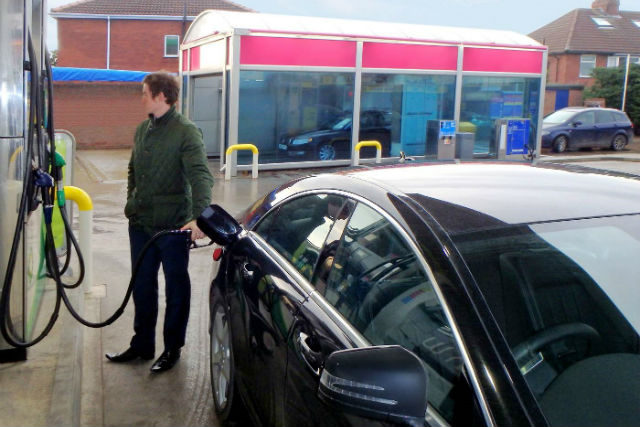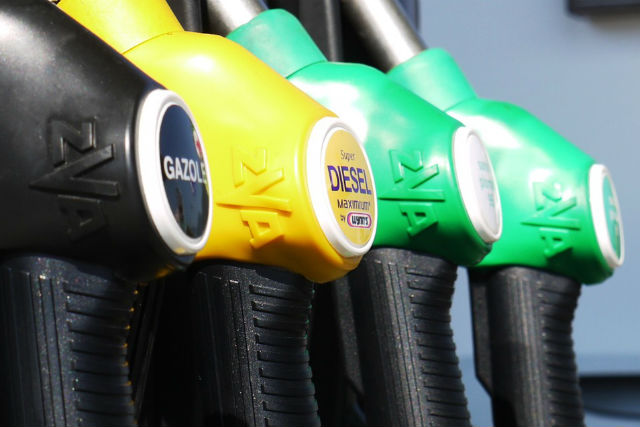Motorists who buy new cars with diesel engines should be ‘punished’ with higher road tax costs, according to the UK’s leading think tank.
Policy Exchange claims that given that diesel fumes are more environmentally damaging than other alternatives, that diesel cars should face higher tax costs than petrol, electric or hybrid vehicles.
The group says that diesel vehicles are responsible for as much as 70 per cent of harmful NOx emissions in London, and said that drivers should be encouraged to switch to alternative fuels.

Up to £800 first-year road tax
It stated: “Latest diesel cars show some improvement, but still exceed emissions standards by around 4 times on average.”
Policy Exchange also offered some suggestions as to how the Vehicle Excise Duty road tax system could be reworked to discourage diesel drivers with fairly simple changes.
Currently, cars are placed into bands ranging from A to M based on their tailpipe carbon emissions, with lower categories for lower emissions and thereby lower tax costs.

£500 million a year in revenue
Vehicles also currently pay a lower first-year ‘showroom tax’ before the rates rise subsequently thereafter, and the think tank suggests that this first year tax should be altered for diesel cars.
The group suggests that first year tax costs for new diesel cars should be increased by as much as £800 to reflect their higher levels of air pollution compared to petrol, electric and hybrid vehicles.
According to its estimates, the tax hike would raise £500 million a year to pay for a diesel scrappage scheme, for which drivers would receive £2,000 in return for scrapping their old diesel-engined cars.

Would it solve anything?
Richard Howard, Policy Exchange’s head of environment and energy, said: “If we are to clean up air pollution, then Government needs to recognise that diesel is the primary cause of the problem.”
However, the viability of such a scheme has been called into question, particularly given that diesel vehicles typically achieve better mileage per gallon than their petrol alternatives.
Even if tax costs are increased, drivers might still prefer to foot the increased tax bill knowing that they’ll be reimbursed when it comes to filling their cars up and long-term costs.



